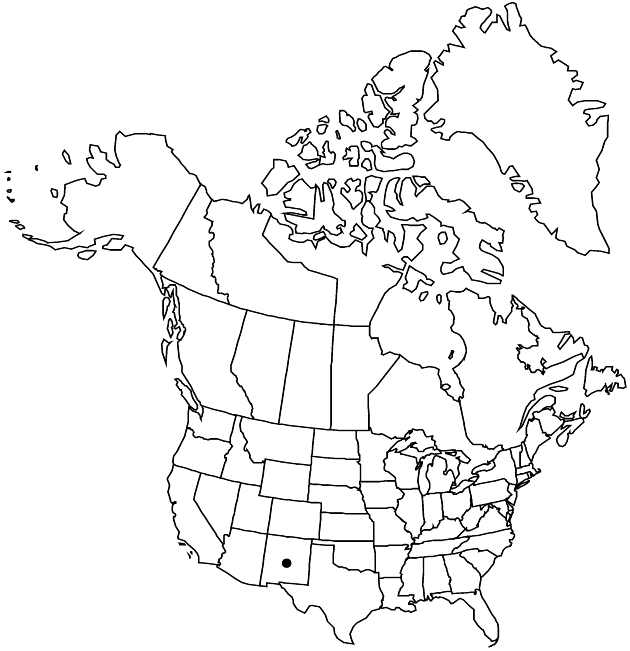Difference between revisions of "Erigeron subglaber"
Brittonia 6: 207. 1947.
FNA>Volume Importer |
imported>Volume Importer |
||
| Line 8: | Line 8: | ||
}} | }} | ||
|common_names=Hairless fleabane | |common_names=Hairless fleabane | ||
| + | |special_status={{Treatment/ID/Special_status | ||
| + | |code=E | ||
| + | |label=Endemic | ||
| + | }}{{Treatment/ID/Special_status | ||
| + | |code=C | ||
| + | |label=Conservation concern | ||
| + | }} | ||
|basionyms= | |basionyms= | ||
|synonyms= | |synonyms= | ||
| Line 46: | Line 53: | ||
|publication title=Brittonia | |publication title=Brittonia | ||
|publication year=1947 | |publication year=1947 | ||
| − | |special status= | + | |special status=Endemic;Conservation concern |
| − | |source xml=https:// | + | |source xml=https://bibilujan@bitbucket.org/aafc-mbb/fna-data-curation.git/src/bb6b7e3a7de7d3b7888a1ad48c7fd8f5c722d8d6/coarse_grained_fna_xml/V19-20-21/V20_665.xml |
|tribe=Asteraceae tribe Astereae | |tribe=Asteraceae tribe Astereae | ||
|genus=Erigeron | |genus=Erigeron | ||
Revision as of 21:50, 27 May 2020
Perennials, 3–7 cm; taprooted, caudex branches relatively short and thick. Stems erect, glabrous or sparsely strigose, eglandular. Leaves mostly basal (persistent); blades broadly oblanceolate to subspatulate, mostly 20–50(–60) × 2–6 mm, cauline gradually or abruptly reduced distally, margins entire, sometimes sparsely ciliate, faces glabrous or glabrate, eglandular. Heads 1. Involucres 4–5 × 8–10 mm. Phyllaries in 2–3 series, glabrous, eglandular. Ray florets 25–35; corollas purplish to lavender, drying bluish, 6–9 mm, laminae spreading, not coiling or reflexing. Disc corollas 2.9–3.6 mm. Cypselae (mature length not observed) 2-nerved, faces sparsely strigose; pappi: outer of setae, inner of 10–16 bristles.
Phenology: Flowering Jul–Aug.
Habitat: Rocky open meadows in subalpine conifer forests, high ridges and peaks
Elevation: 3000–3500 m
Discussion
Of conservation concern.
Selected References
None.
